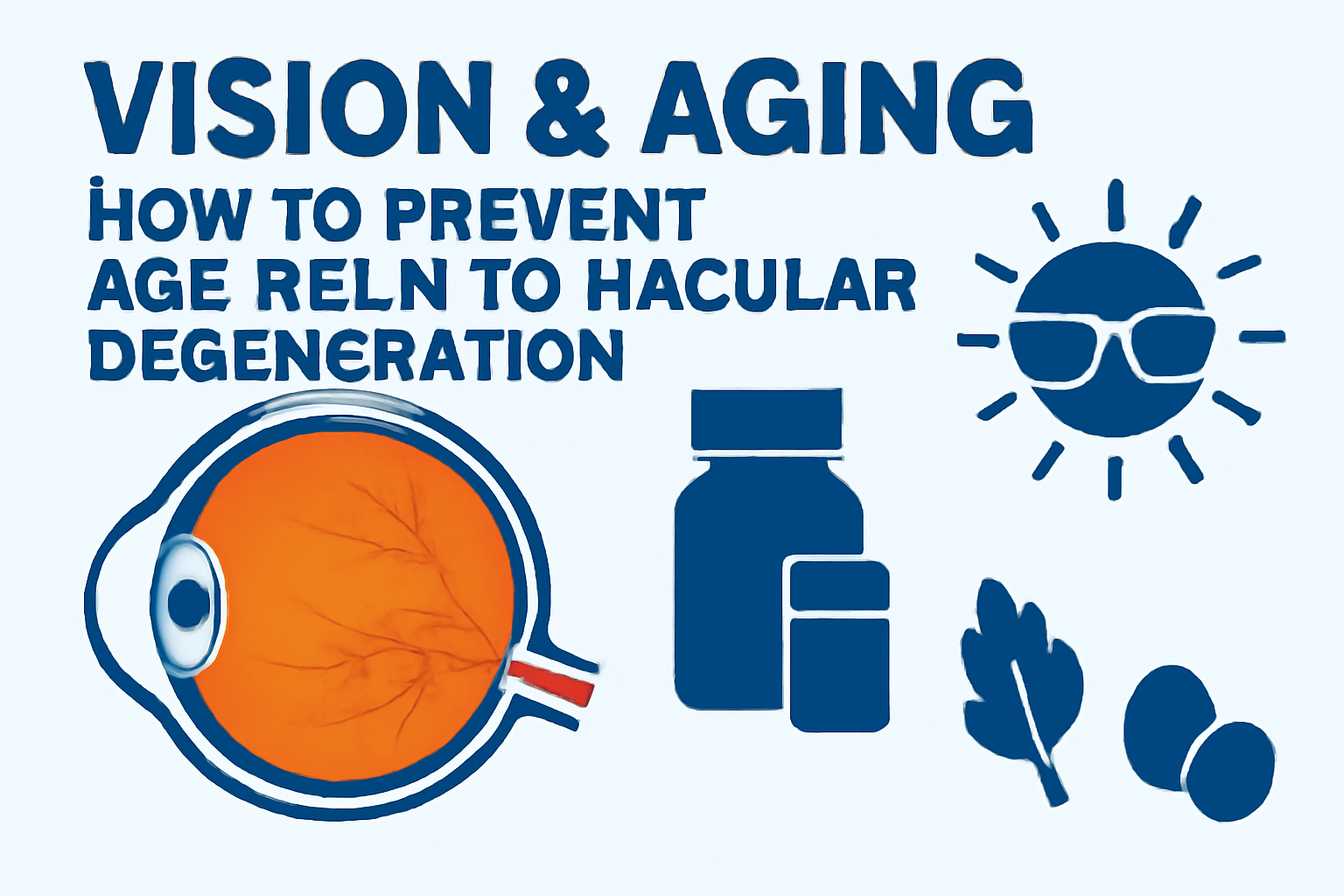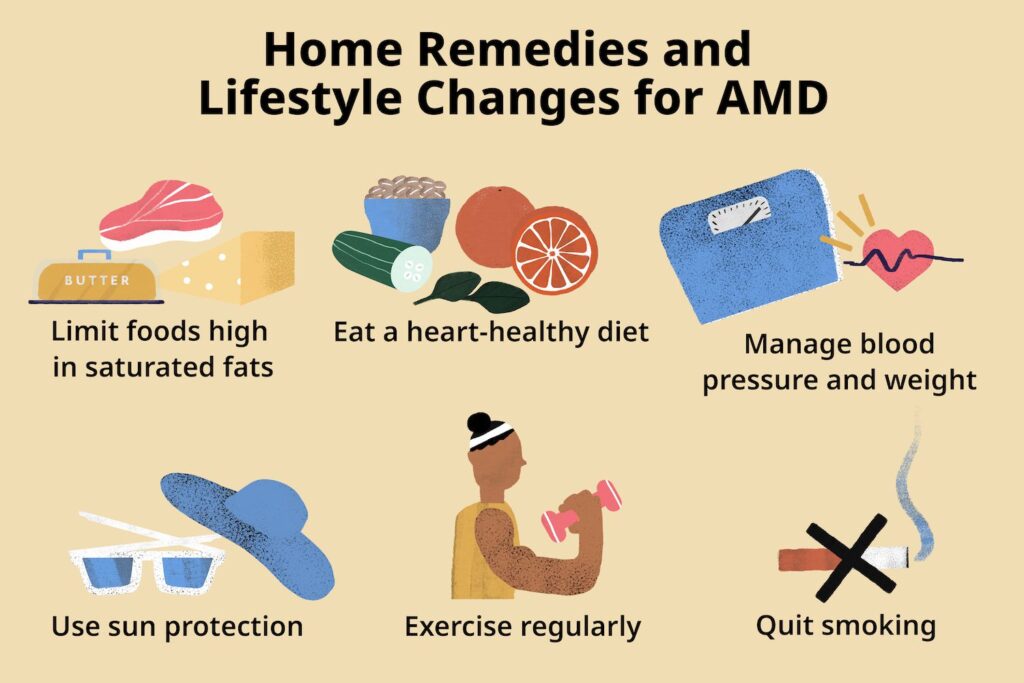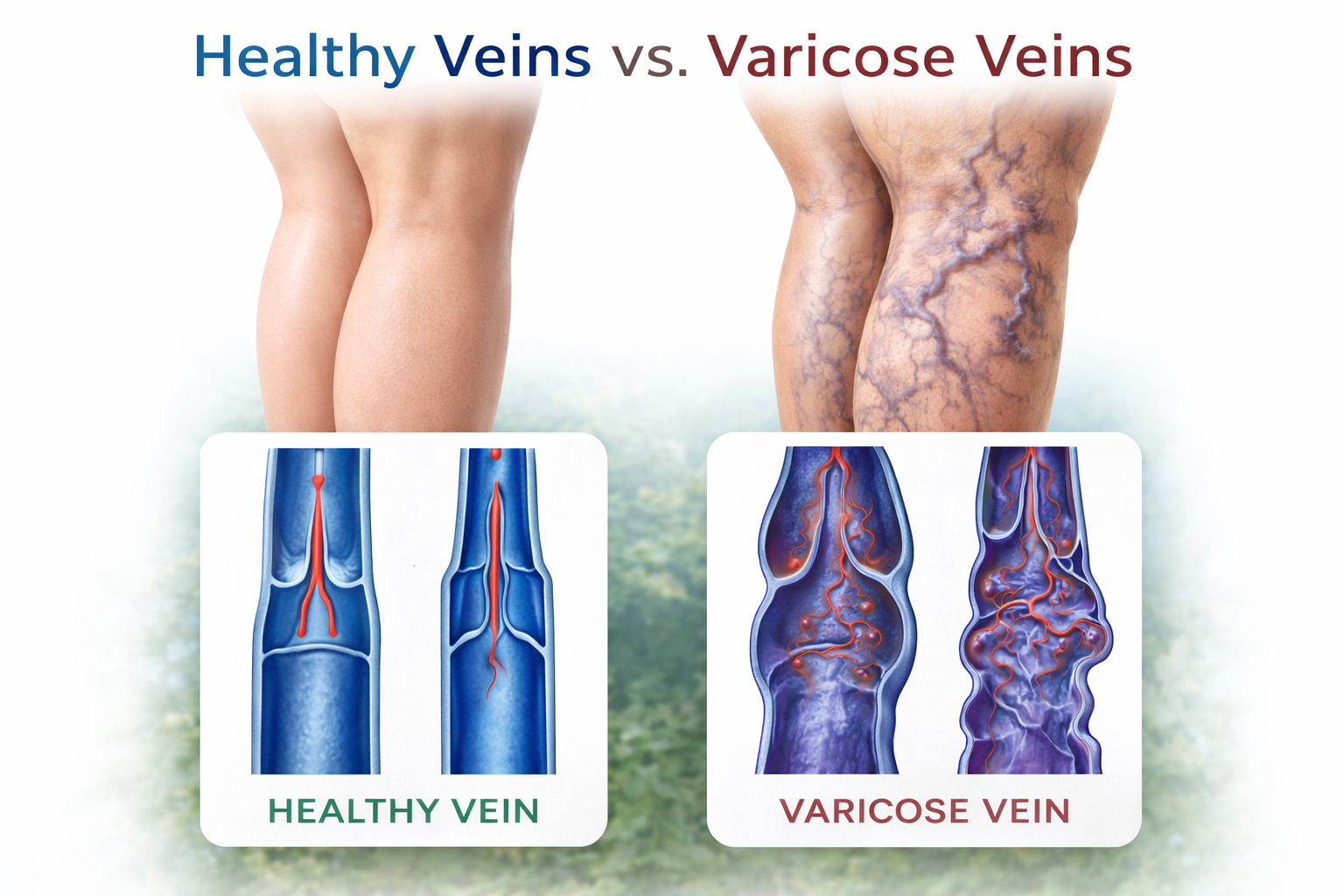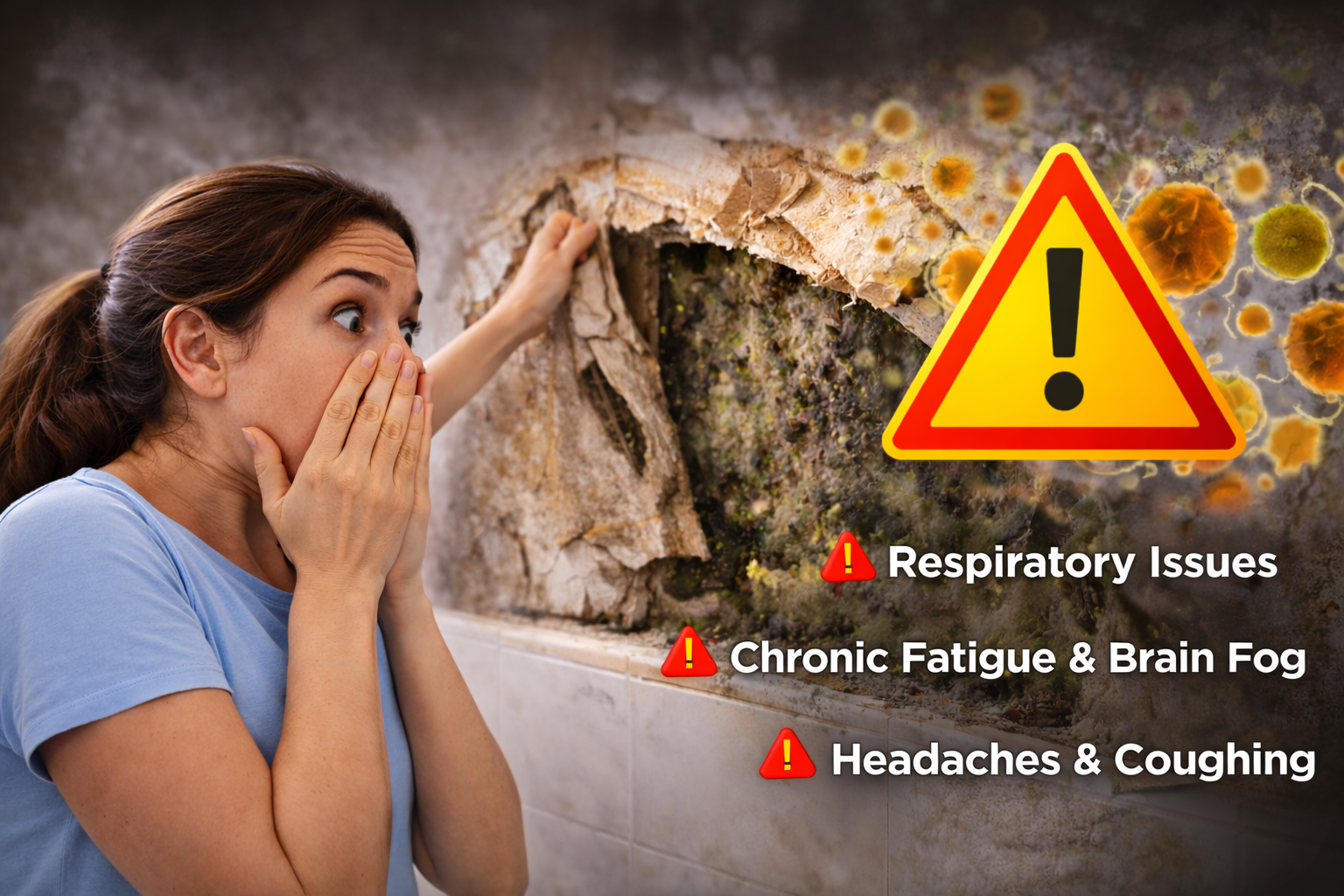As we age, maintaining eye health becomes increasingly important. Age-related macular degeneration (AMD) is a leading cause of vision loss in individuals over 50. However, the progression of AMD can be slowed or even prevented through a combination of proper nutrition, supplements, and healthy lifestyle choices. In this article, we will explore the key steps for maintaining healthy eyes over 40 and protecting your vision as you age.

What is Age-Related Macular Degeneration?
AMD is a progressive condition that leads to the deterioration of the macula, the central part of the retina responsible for sharp, central vision. There are two primary forms of AMD:
- Dry AMD: The more common type, which causes a gradual breakdown of retinal cells and the accumulation of waste materials.
- Wet AMD: A more aggressive form, characterized by the growth of abnormal blood vessels beneath the retina that leak fluid, leading to rapid vision loss.
While genetics play a role in the development of AMD, lifestyle factors like diet, exercise, and smoking are significant contributors. Studies have shown that a balanced diet, rich in antioxidants and nutrients, can significantly lower the risk of developing AMD, particularly in older adults [1].
Supplements That Support Eye Health
Certain supplements are proven to support eye health and may reduce the risk of AMD. Lutein and zeaxanthin, two powerful antioxidants, are particularly effective at protecting the macula from oxidative stress and harmful blue light. These carotenoids are found in high concentrations in the retina and have been shown to help filter out blue light, which can contribute to retinal damage. Research indicates that supplementation with lutein and zeaxanthin can slow the progression of AMD and improve overall vision health [2].
Omega-3 Fatty Acids
Omega-3 fatty acids, particularly those found in fatty fish like salmon, sardines, and mackerel, are essential for maintaining retinal health. Omega-3s help to reduce inflammation and support blood flow to the retina, both of which are important in preventing AMD. A growing body of research suggests that omega-3s, when included in the diet, can help prevent or slow the progression of AMD, especially wet AMD [3].
Foods That Help Prevent Age-Related Macular Degeneration
In addition to supplements, a nutrient-rich diet plays a critical role in reducing the risk of AMD. Here are some foods that can help protect your eyes:
Leafy Greens (Spinach, Kale, Swiss Chard)
Leafy greens are packed with lutein and zeaxanthin, the antioxidants that are crucial for protecting the macula. These vegetables also contain vitamins A and C, which support overall eye health and reduce oxidative stress. Regular consumption of leafy greens like spinach and kale can help preserve vision and slow the progression of AMD [1].
Fatty Fish (Salmon, Mackerel, Sardines)
Fatty fish are rich in omega-3 fatty acids, which reduce inflammation and protect the retina from oxidative stress. Omega-3s are also linked to better circulation, which supports the health of the blood vessels in the eye. Studies suggest that including these fatty fish in your diet can lower the risk of developing AMD and improve retinal health [3].
Eggs
Eggs are a great source of lutein, zeaxanthin, and zinc. Zinc, in particular, plays an important role in maintaining the structure of the retina. The combination of these nutrients in eggs helps protect the eyes from oxidative damage and supports overall eye function.

Lifestyle Habits for Healthy Eyes Over 40
In addition to diet and supplements, adopting healthy lifestyle habits can further protect your eyes:
Protect Your Eyes from UV Rays
UV radiation from the sun can accelerate retinal damage and increase the risk of AMD. Wearing sunglasses with UV protection and a wide-brimmed hat can protect your eyes from harmful rays and reduce the risk of AMD development. Long-term exposure to UV light is known to contribute to the development of cataracts and age-related macular degeneration [1].
Don’t Smoke
Smoking is one of the most significant modifiable risk factors for AMD. Chemicals in cigarette smoke increase oxidative stress and damage the retina, leading to an accelerated decline in vision. Research consistently shows that smokers are at a higher risk of developing AMD, and quitting smoking can substantially lower this risk [1].
Regular Eye Exams
Early detection of AMD can greatly improve the effectiveness of treatment. Having regular eye exams, especially after the age of 40, can help detect early signs of AMD and other eye conditions. Your ophthalmologist can monitor changes in your vision and take proactive measures to prevent further damage. Early intervention is key to preserving long-term vision health.
Start Protecting Your Vision Today
Incorporating these strategies into your routine can help protect your vision for years to come:
- Include lutein, zeaxanthin, omega-3s, and vitamins C and E in your diet.
- Consume a variety of nutrient-dense foods like leafy greens, fatty fish, and eggs.
- Adopt healthy lifestyle habits such as avoiding smoking and protecting your eyes from UV exposure.
- Schedule regular eye exams to detect and manage potential vision problems early.
By taking a proactive approach to your eye health, you can reduce the risk of AMD and enjoy healthy vision well into your later years.
Final thoughts
Age-related macular degeneration doesn’t have to steal your sight as you age. By focusing on proper nutrition, incorporating key supplements, and adopting healthy lifestyle habits, you can preserve your vision and reduce the risk of AMD. Start making these changes today and protect your eyes for a brighter tomorrow.
References:
- Wong, I. Y. H., et al. (2011). Prevention of age-related macular degeneration. Current Opinion in Ophthalmology, 22(3), 167–172. https://pmc.ncbi.nlm.nih.gov/articles/PMC3021198/
- Kotagiri, S. R., et al. (2022). Superior bioavailability of a novel lutein and zeaxanthin formulation. Ophthalmic Research, 65(1), 1–8. https://pubmed.ncbi.nlm.nih.gov/35585428/
- Jang, W., et al. (2025). Association between the dietary omega-6 to omega-3 fatty acid ratio and age-related macular degeneration in Korean adults. Nutrition Journal, 24(29), 1–10. https://pubmed.ncbi.nlm.nih.gov/40059179/





